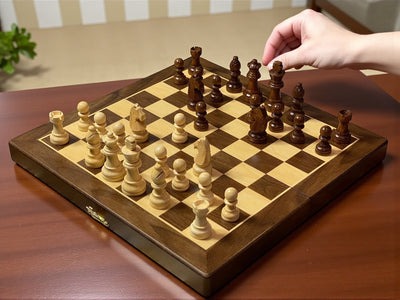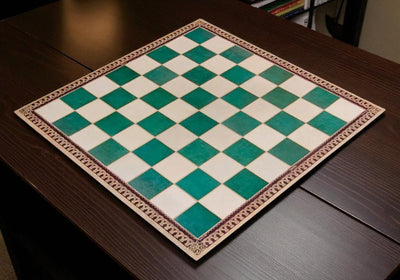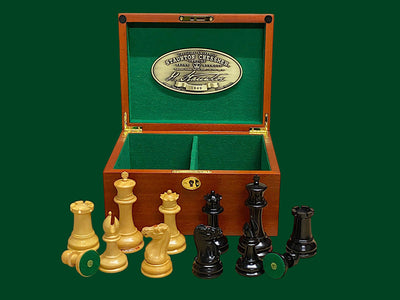The Gymnasium of the Mind
Chess is a board game that has been enjoyed for centuries by people of all ages. It is a game of strategy, skill, and creativity that has earned the reputation of being a "gymnasium for the mind." This reputation is well-deserved, as chess has been shown to have a number of cognitive and mental health benefits that can greatly improve one's quality of life.

One of the most significant benefits of playing chess is that it can help delay or even prevent the onset of Alzheimer's disease. Alzheimer's is a degenerative brain disease that affects memory, thinking, and behaviour, and there is currently no cure. However, playing chess has been shown to help slow down the progression of Alzheimer's by stimulating the brain and keeping it active. This helps to strengthen the connections between brain cells, which can in turn improve cognitive function and reduce the risk of developing Alzheimer's.

Another benefit of playing chess is that it can improve mental agility and flexibility. Chess requires players to think ahead, plan their moves, and adapt to new situations. This type of mental exercise helps to improve one's ability to think critically, solve problems, and make quick decisions. Furthermore, it can also help to increase one's ability to concentrate and focus, which can be especially beneficial for those who suffer from attention deficit disorder (ADD) or attention deficit hyperactivity disorder (ADHD).
Playing chess can also help to reduce stress and anxiety. The game requires intense focus and concentration, which can help to distract the mind from negative thoughts and worries. This can provide a welcome break from the demands of everyday life, helping to relieve stress and anxiety. Additionally, the sense of accomplishment that comes from playing a good game of chess can boost one's confidence and self-esteem, which can also help to reduce stress and anxiety.
In addition to its mental health benefits, chess can also help to improve one's overall well-being. Playing chess requires physical activity, as players move their pieces around the board. This physical activity can help to increase one's energy levels, improve coordination and balance, and even lower the risk of developing chronic conditions such as heart disease and type 2 diabetes. Furthermore, playing chess can also help to improve one's social skills, as it provides a fun and engaging activity to do with friends and family.
Finally, playing chess can also help to improve one's memory. The game requires players to remember the positions of pieces on the board, as well as the different strategies that they have planned. This mental workout helps to strengthen the connections between brain cells, which can in turn improve memory and recall. Additionally, playing chess can also help to improve one's visual memory, as players need to be able to visualize the board and the pieces in their mind's eye in order to make effective moves.
In conclusion, chess is a game that offers numerous cognitive and mental health benefits. It can help to delay or prevent the onset of Alzheimer's disease, improve mental agility and flexibility, reduce stress and anxiety, boost well-being, and improve memory. Whether you are a beginner or an experienced player, chess is an enjoyable and challenging game that is well worth taking up. So why not grab a board and start playing today!















Leave a comment